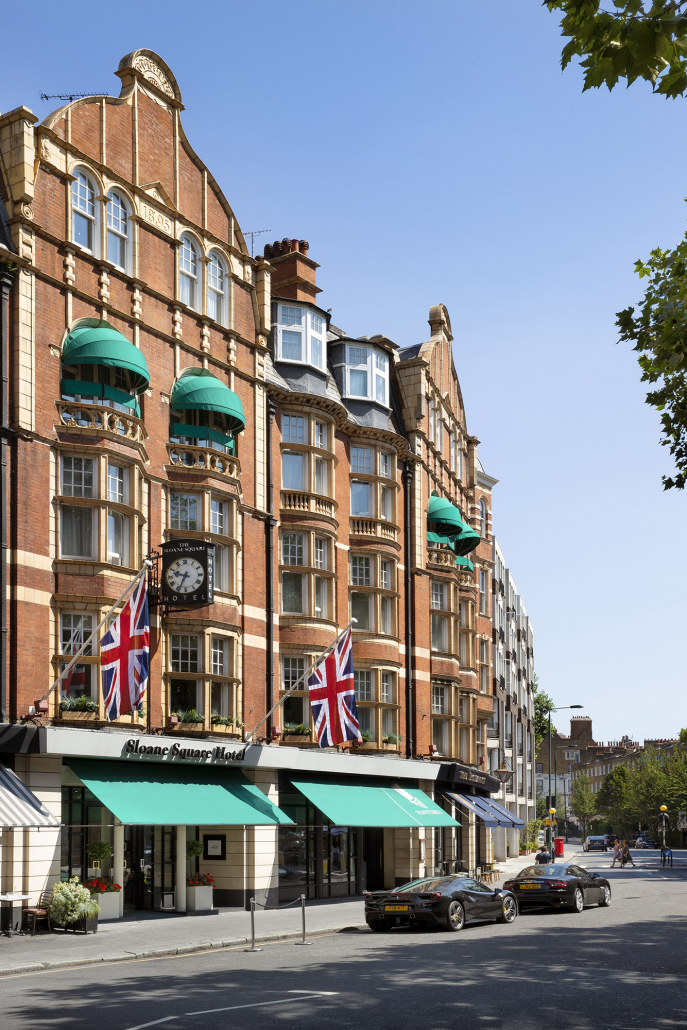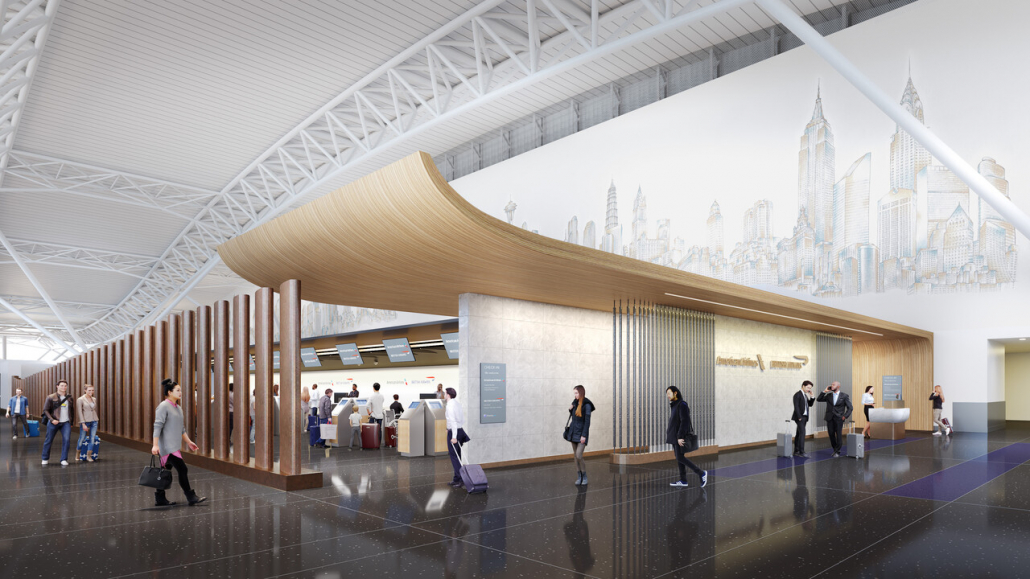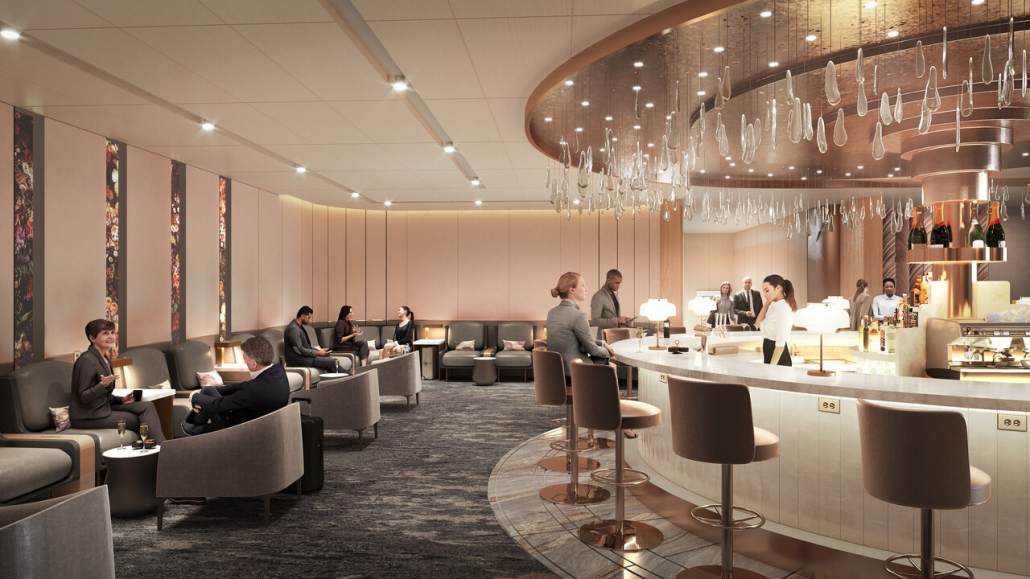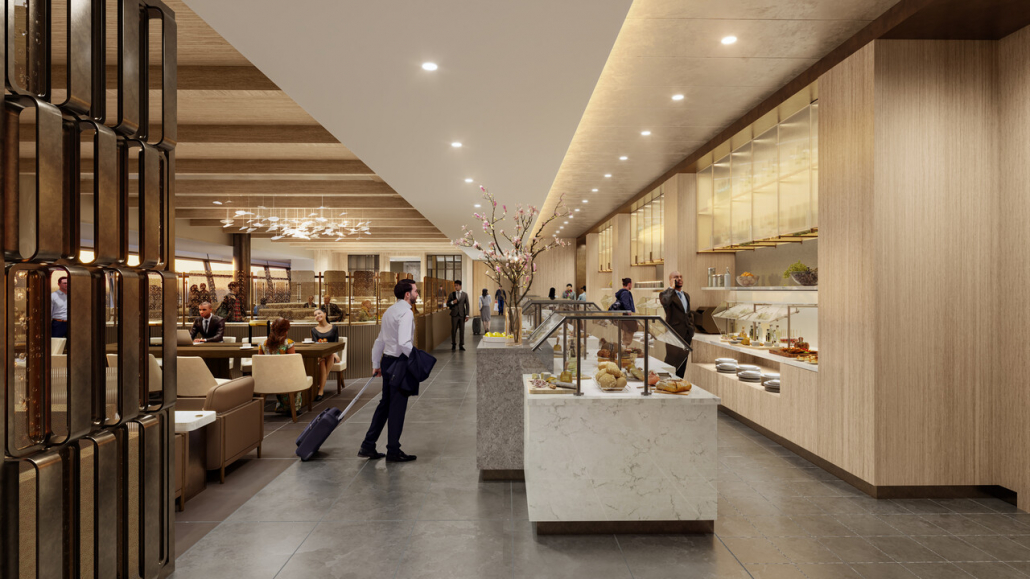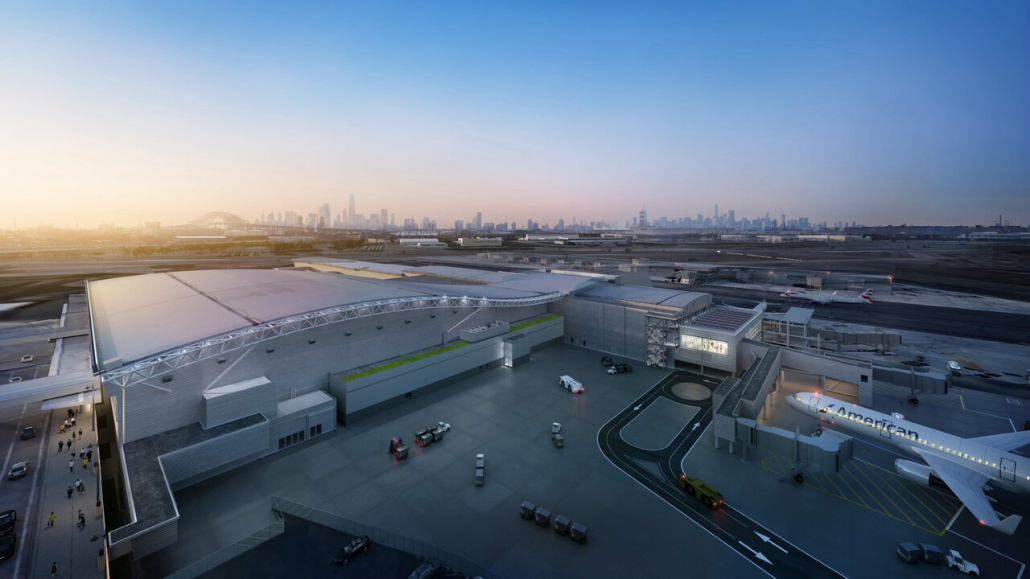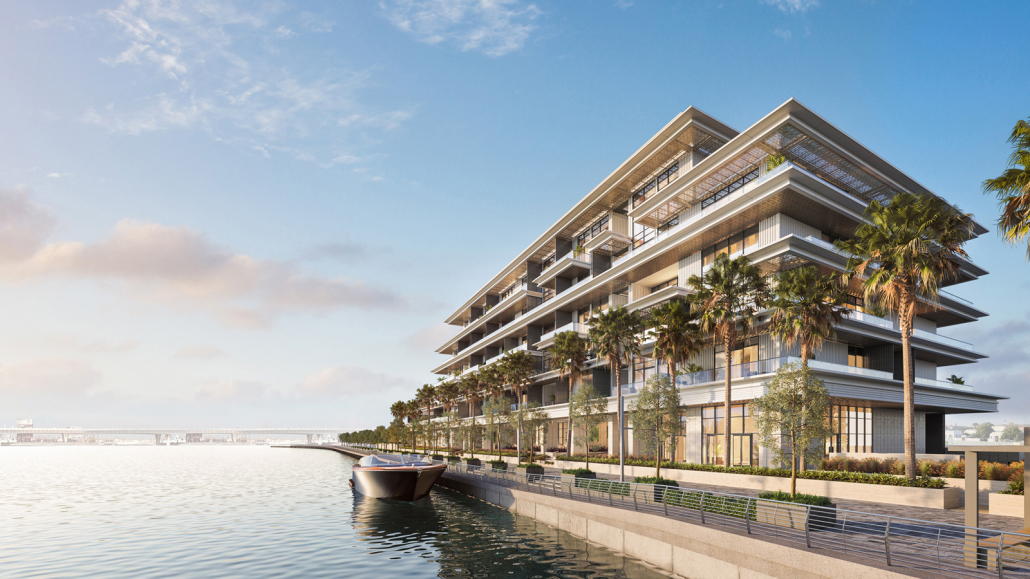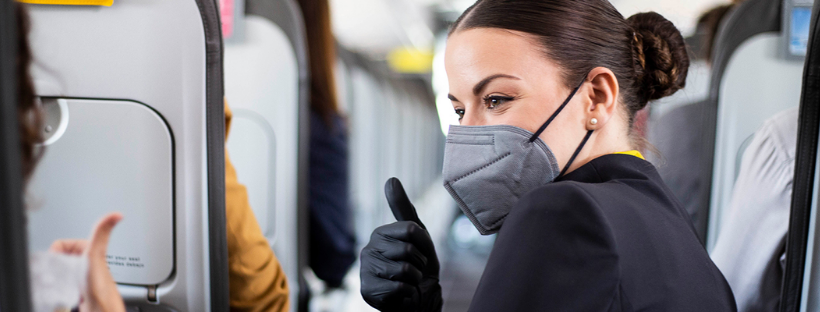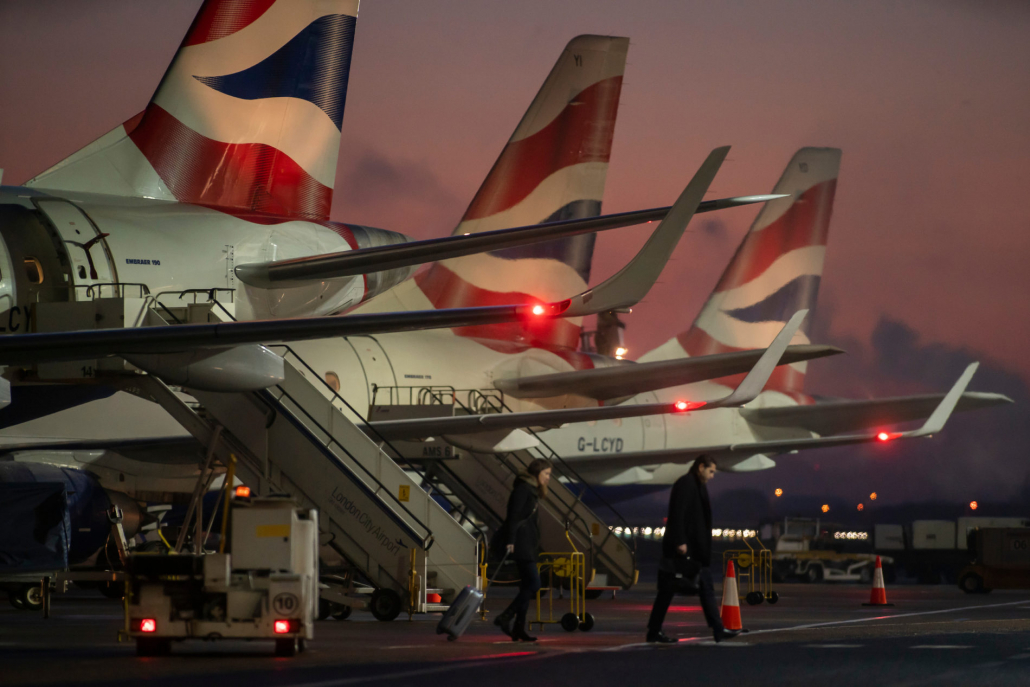Delta is driving change for the Earth and the people on it
Delta Air Lines is accelerating its efforts to build what it describes as ‘a more sustainable and people-first future for air travel’.
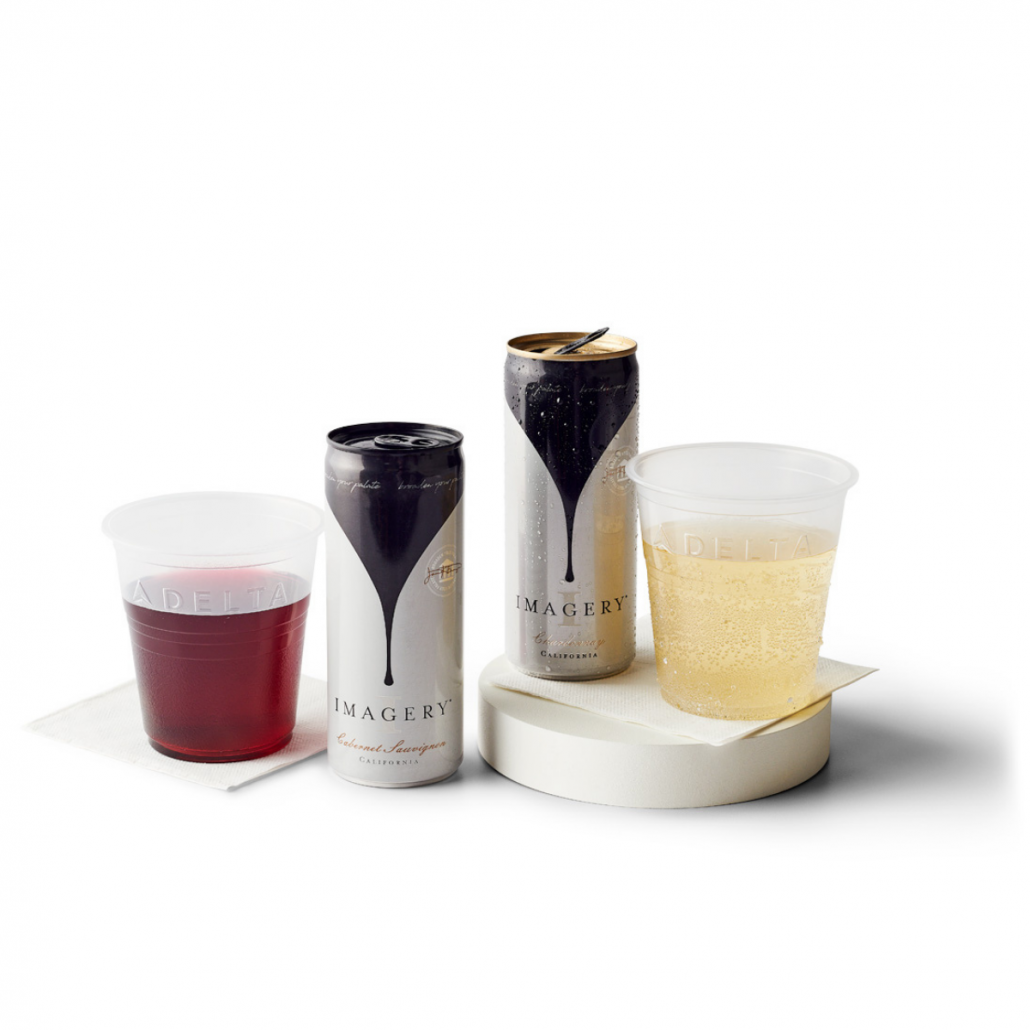
Starting in January 2022, the airline will refresh its onboard product offerings with artisan-made amenity kits, recycled bedding, reusable and biodegradable service ware and premium canned wine.
Together, the products will reduce onboard single-use plastic consumption by approximately 2.2 million kg per year – that’s roughly the weight of 1,500 standard-sized cars.
The airline says these initiatives significantly increase Delta’s support of minority- and women-run businesses.
Allison Ausband, Delta’s E.V.P. and Chief Customer Experience Officer explained:
Decisions we make on every aspect of our product are opportunities to make good on two core promises: to deliver exceptional customer experiences and build a better future for people and our planet.
These latest additions deliver something unique to our customers, reduce our environmental impact and enable job creation for the communities we serve around the world.
Over the past year, Delta has deepened its relationships with suppliers in key markets, which allows the airline to serve more locally sourced menu items, and introduced a beverage lineup that shines a light on the first U.S. black-owned distillery, Du Nord Social Spirits.
Amelia DeLuca, V.P. of Sustainability for Delta said:
Delta has always put people at the centre of everything we do. It’s this people-first focus that led Delta to source new products onboard that reduce waste, bolster diverse suppliers and build communities.
We want to protect our planet and the people on it, and the products we provide onboard are the latest way we’re living out this commitment.

Delta One Amenity Kits by Someone Somewhere
Delta has chosen Mexican apparel brand Someone Somewhere to create the amenity kits for customers seated in Delta’s premium Delta One cabin.
Someone Somewhere is a Certified B Corporation that combines Mexican traditional handcrafts with innovative products.
The new amenity kit eliminates five single-use plastic items, reducing plastic use by up to 40,000kg on an annual basis. Someone Somewhere’s artisanal production processes also eliminate waste and utilise ‘regenerated cotton’.
The new kits will launch onboard beginning in February and will contain sustainable, wellness-focused products including a Someone Somewhere eye mask, Grown Alchemist natural lip balm and hand lotion, and a Humble Co. bamboo toothbrush.
Both Grown Alchemist products onboard will transition to aluminium packaging in April 2022.

Bedding made from recycled materials
Delta’s soft, comfortable and premium bedding sets are now made with more than 100 recycled plastic bottles, which will use 25 million recycled bottles annually.
The airline is among the first to use 100% recycled polyester (rPET) bedding.
Combined with the new use of reusable bedding packaging, the rPET bedding will reduce single-use plastic use by up to 117,000 kg per year.
The sets began appearing on board in December 2021.

Refreshed serviceware
Delta continues to overhaul its onboard service ware globally by introducing products made from natural and recycled materials to replace and reduce plastic usage.
When the project is complete later this year, the transition will reduce annual plastic use by up to 1.95 million kg.
Delta now offers bamboo cutlery for domestic First Class fresh packaged meals and on select international flights.
Later this year, all international Main Cabin customers will also see new dishware made from biodegradable material, bamboo cutlery and a premium paper placemat.

Imagery Estate Winery premium canned wine
Delta will now serve two new aluminium-canned wines from Imagery Estate Winery, a premium Sonoma winery led by award-winning winemaker Jamie Benziger.
In 2019, Jamie was named Best Winemaker at the International Women’s Wine Competition and named to Wine Enthusiast’s 40 Under 40 list.
Delta will offer Imagery’s Cabernet Sauvignon and Chardonnay onboard starting with select coast-to-coast flights this month and will expand to all domestic flights later this year.
The wine’s aluminum packaging reduces annual plastic use by up to 113,000 kg.
Imagery’s wines are also sustainably grown, as certified by the California Sustainable Winegrowing Alliance.



